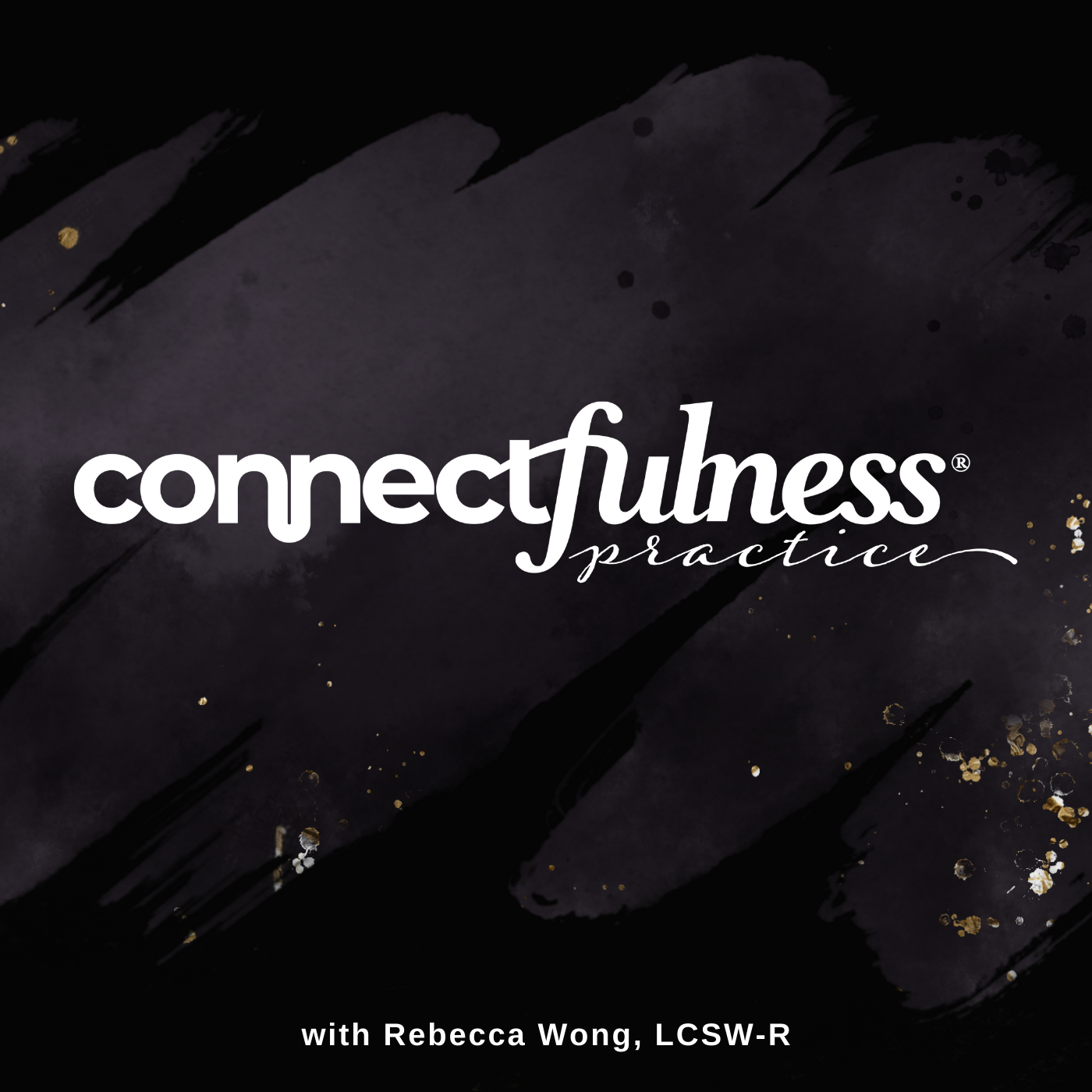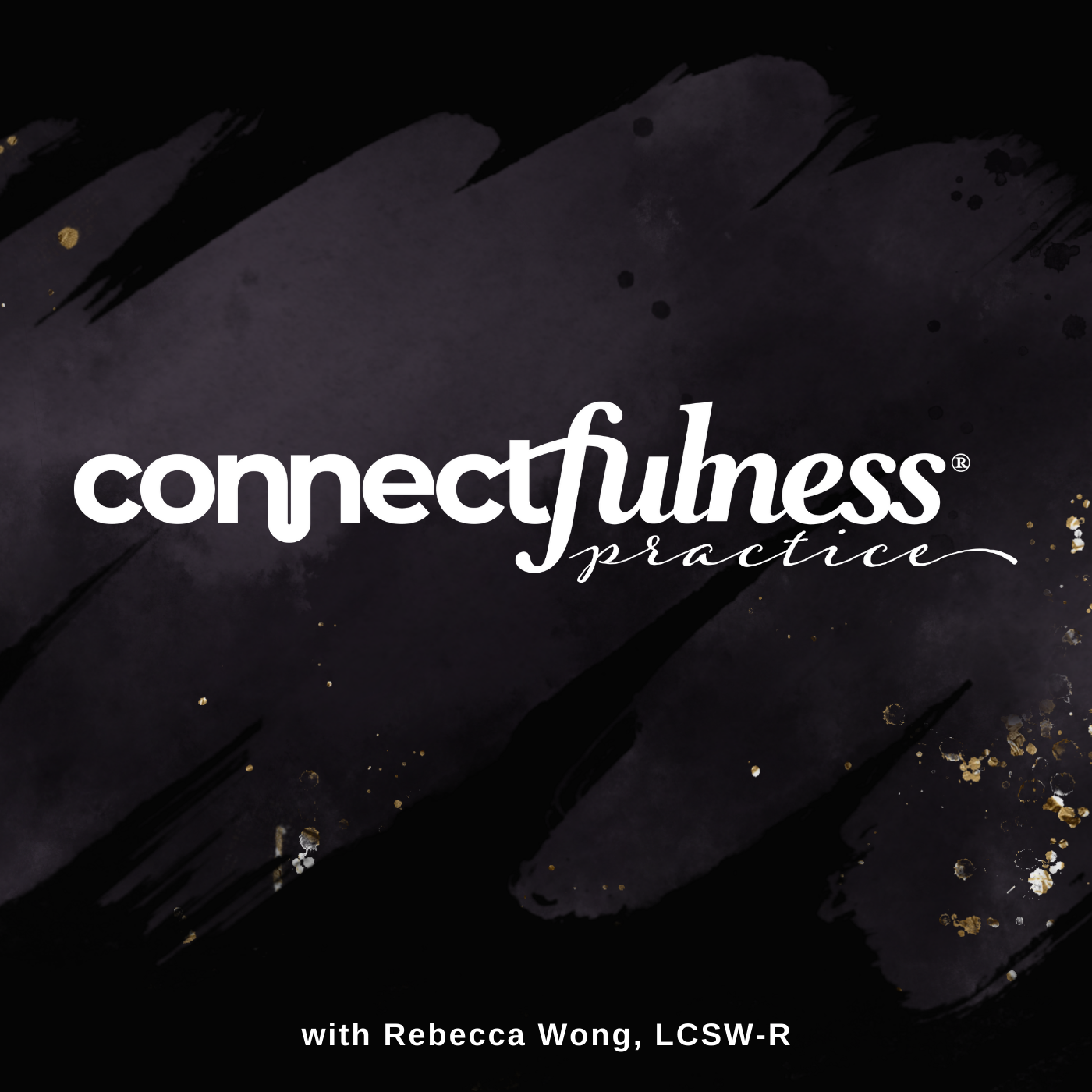Episode 2
Buddhist Wisdom for Relationship Discomfort with Susan Piver
Susan Piver is a New York Times bestselling author of 9 books including her latest, The Four Noble Truths of Love: Buddhist Wisdom for Modern Relationships, and a renowned Buddhist teacher.
Susan joins me to talk about how to survive the inevitable discomfort of relationships and how she discovered what she’s called the Four Noble Truths of Love during a rough patch in her own marriage while thinking they might be through and not knowing where to begin. Which is when a voice whispered to Susan “begin at the beginning, at the beginning are four noble truths.”
In this episode, Susan Piver and I discuss:
- How to work with discomfort.
- Discernment is the byproduct of awareness, provides a sense of guidance and clarity.
- “I spent too many years trying to be a different kind of person.” --Susan Piver
- Awareness is an operating system that can help us to accept one another and make room for differences.
- I read and we discussed this passage from Susan’s book The Four Noble Truths of Love: Buddhist Wisdom for Modern Relationships, “Love seems custom made to evoke the deepest woundings and thereby forces you to choose over and over between you puny fearful self and your heroic genius self. The closer you get to another person the louder your sorrows shriek, the more frightened you become. The more you scare each other. All resulting in some very weird battles that have nothing to do with what’s actually happening.”
- The Four Noble Truths of Buddhism
- Life is suffering.
- The cause of suffering. Grasping.
- The cessation of suffering. This condition can be alleviated.
- The path to no suffering. The noble eightfold path will lead you out of suffering. The eight steps are: Right View, Right Intention, Right Speech, Right Action, Right Livelihood, Right Effort, Right Mindfulness, Right Concentration
- Susan’s Four Noble Truths of Love:
- The truth: Relationships are uncomfortable.
- The cause: Trying to make them comfortable is what makes them uncomfortable.
- The cessation: Meeting the discomfort together is love.
- How to work with it all: The eightfold path
- Compassion helps us to not see others behavior as a threat.
- Relationship suffering exposes everything about you.
- How to soften into self and let yourself be as you are.
- The importance of working on ourselves as individuals, how our minds mix, and why the way you talk to yourself is likely to bleed over into the way you talk to others.
- “The more human I am, the more genuine I am, the less likely I am to weaponize my way of being against someone else.” --Susan Piver
- This is not a way to fix the mess, rather a a way to enter the mess.
- What happens when we feel our feelings of unworthiness, stop fighting the feelings and relax with it and why doing so can help us to be more effective.
- “Root of fearlessness is curiosity. Everybody knows how to be curious. Everyone can be fearless.” --Susan Piver
- Being really human in relationship with another person while you tolerate the discomfort, while you learn to soften and be kind towards yourself and one another even when you’re having all the big feelings.
- Susan’s Open Heart Project virtual mindfulness community.
RESOURCES:
Find Susan online at susanpiver.com.
Root in with Rebecca's Connectfulness® Collective for therapists in private practice at: connectfulness.com/collective
Learn more about Rebecca's relationship therapy practice and intensive couples retreat in NY at connectfulness.com
Follow us on Twitter, Instagram, and Facebook
Mentioned in this episode:


